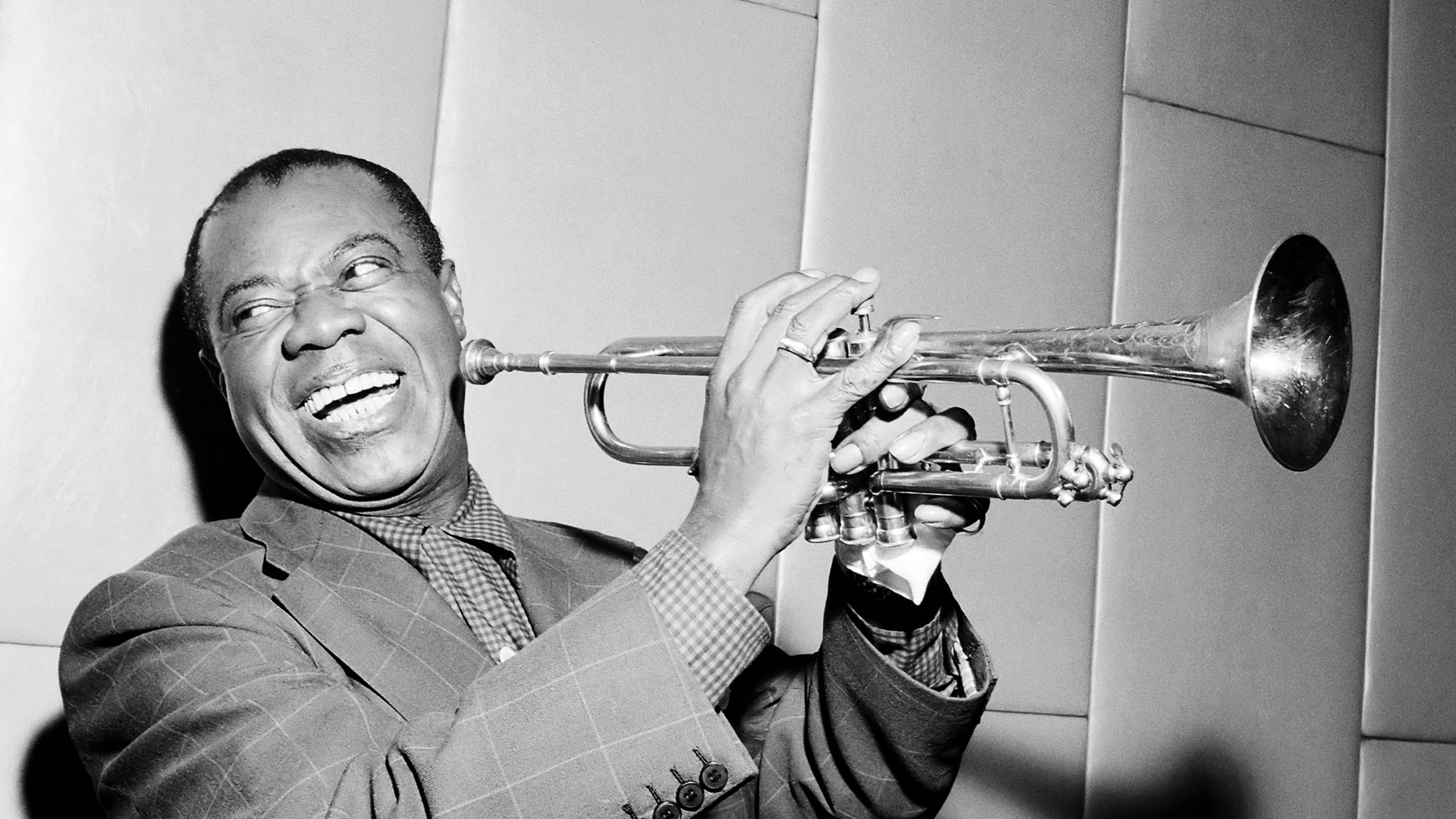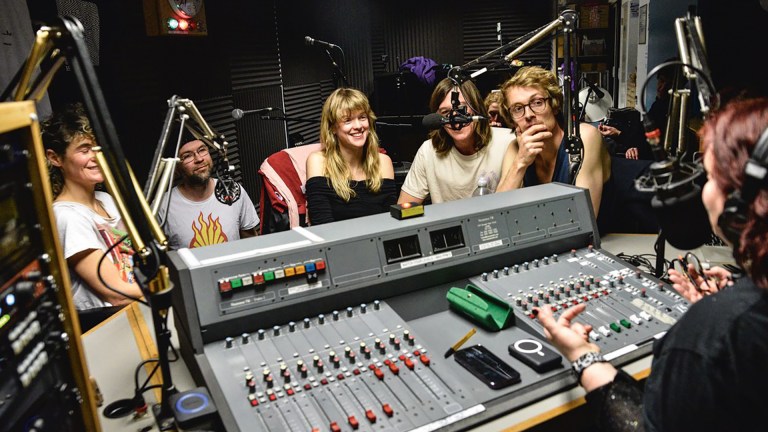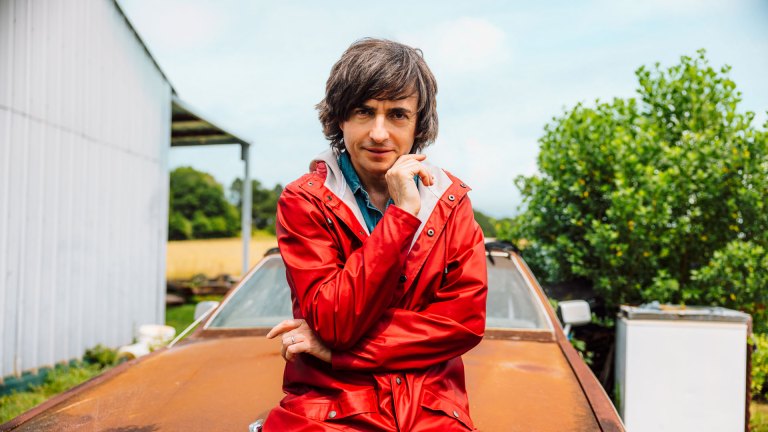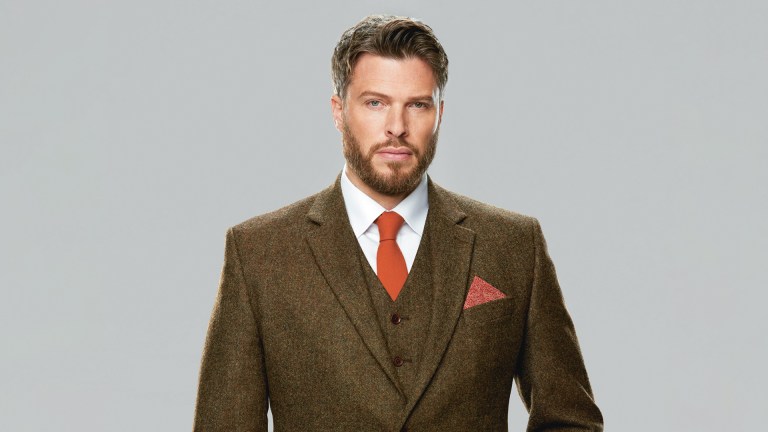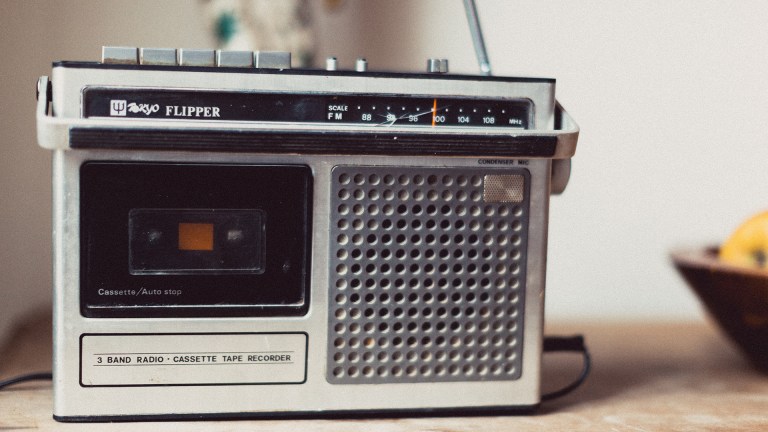I want to like jazz. I am 48, surely it is time for a jazz hat to cover my bald patch? Being a teenager in the 1980s, jazz imagery was everywhere. You didn’t have to listen to Miles Davis, just have large monochrome posters of him.
I like watching jazz, especially free jazz. There’s something thrilling about a cacophony that seems to follow no rules. It also returns you to that teenage thrill of playing music and having people wince “What’s that awful noise?”
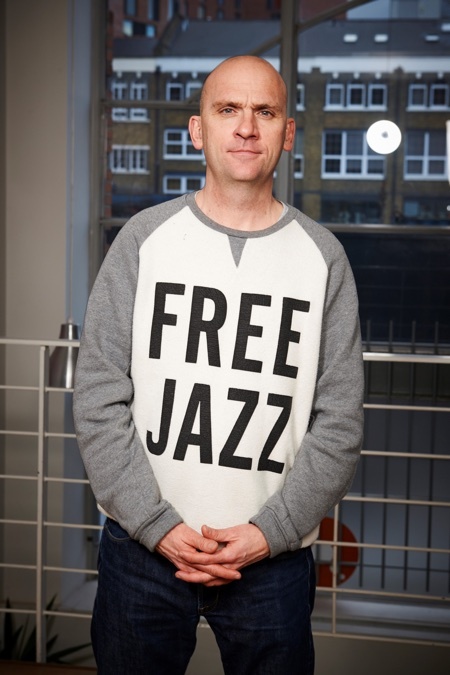
In the early 1990s, there was a burst of new independent radio stations offering more specialised musical output. Most then found “market pressure” meant that they had to get more commercial. The late-night insomniac DJ might play something more arcane. Like many digital stations listened to via laptop, you can thumbs up or thumbs down each song. The Dizzy Gillespie Sextet performance of The Champ, live from Montreux, got my thumbs-up. It is useful that I have no idea what is fashionable or credible, so my mind isn’t too laden by pre-conceived notions of what to like, though Wayne’s World did warn me about Kenny G.
I have found myself increasingly wooed towards the galactic mysticism of Sun Ra and his Arkestra after listening to Jez Nelson’s show Somethin’ Else which played a wonderful cover of Sun Ra’s Where Pathways Meet by Friendly Galaxy No. 1, though I’m not sure Jazz FM’s website is without its glitches as after listening to the beautifully incessant cosmic soundtrack I was informed it was a hardcore punk band from south Florida. Much as I would love to think that the punks had a jazz epiphany on the road to Fort Lauderdale, it doesn’t seem so.
The contradiction of having African American ambassadors for a liberal nation when they actually lived in a segregated society made the concerts seem increasingly ironic
Searching for jazz on the BBC, I found an intriguing documentary, The Jazz Ambassadors of the Cold War on Radio 4, presented by composer and pianist Julian Joseph. Dizzy Gillespie, Duke Ellington and Louis Armstrong were among the great jazz musicians sent to the oil-producing countries Turkey, Greece and Yugoslavia to show that the “free world” produced the best music and therefore was a better ally.
Could US jazz beat Russian ballet? Jazz was deemed uniquely American, a pinnacle of modernism. When playing in Karachi, Gillespie realised ticket prices were too high and said, “I am not going to play until you let the ragamuffin children in.” As these tours continued, the contradiction of having African Americans ambassadors for a liberal nation when they actually lived in a segregated society made the concerts seem increasingly ironic. Where the story goes from there becomes deeply fascinating, and yet again reminded me why, however long it takes, I am going to learn to love jazz.
